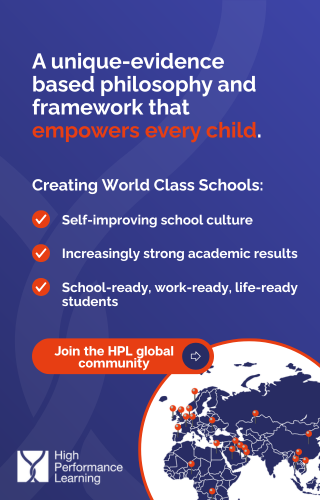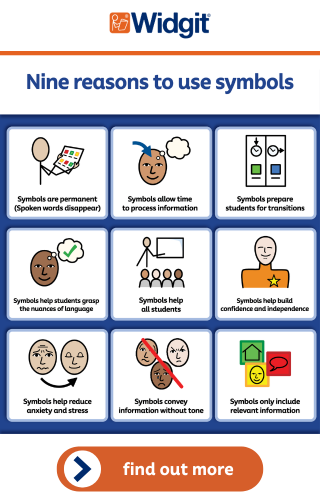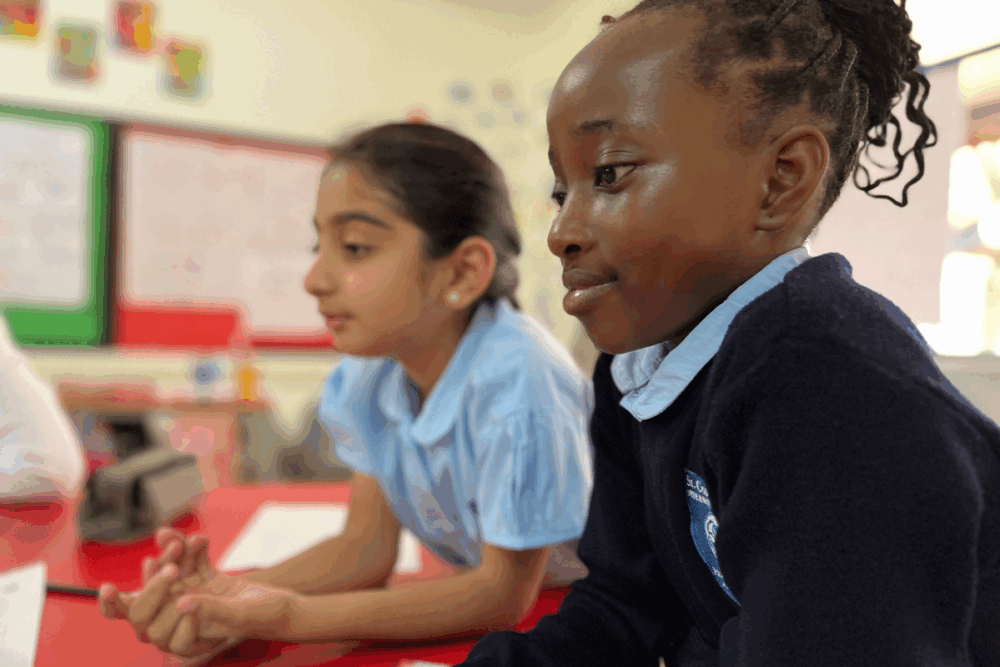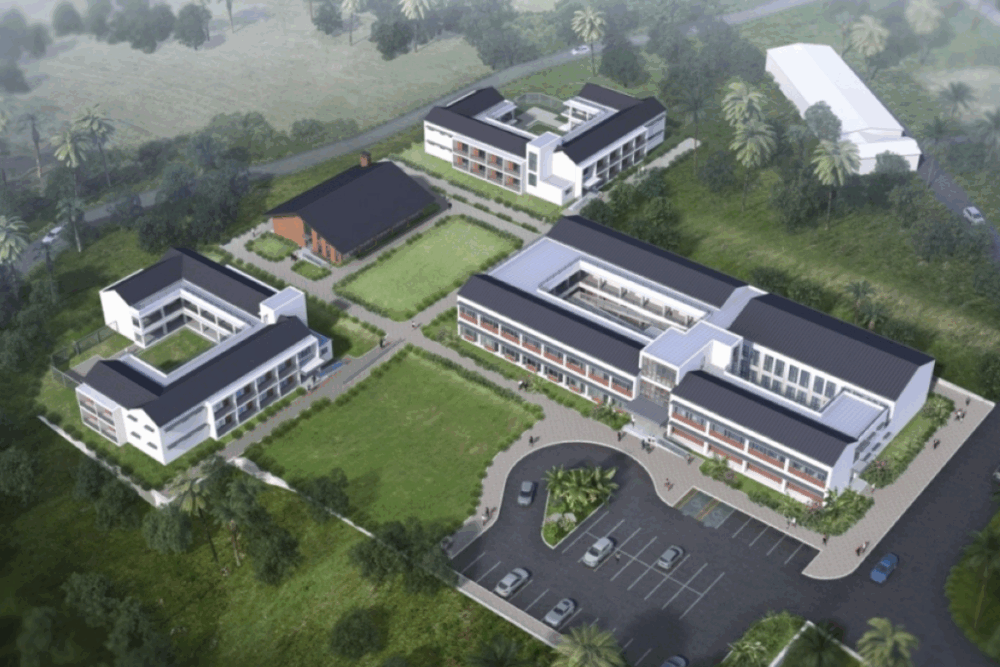Africa’s education sector is undergoing a quiet revolution. Once limited by geography, infrastructure, and a shortage of trained teachers, learning on the continent is now being reshaped by technology. EdTech educational technology has emerged as one of Africa’s fastest growing trends, offering new opportunities for parents, students, and teachers alike.
Across Africa, education technology or EdTech is no longer a futuristic concept. It is reshaping how young people learn today. Over 500 EdTech startups now operate on the continent, ranging from mobile learning apps to online tutoring platforms, and they are attracting record investment. African tech startups raised over $1 billion in the first half of 2025 alone a 40 per cent jump from the previous year. This surge of innovation offers parents and students unprecedented opportunities to access high quality learning resources, even in areas where traditional schooling struggles to keep pace.
At-a-Glance Takeaways
- US $3.4 billion: Value of Africa’s e-learning market in 2024.
- US $19 billion+: Projected value by 2034.
- 500+: EdTech startups operating in Africa.
- US $1 billion+: Funds raised by African tech startups in the first half of 2025 (40% increase over 2024).
- 3 countries rolling out large-scale digital initiatives: Kenya, Nigeria, South Africa.
1. Mobile Learning Apps Bring Classrooms to Every Pocket
Smartphone penetration is rising fast across Africa, and so is the number of mobile learning apps. In Kenya, Nigeria and South Africa, students can now access interactive lessons, quizzes, and revision guides on affordable devices. Many of these apps are aligned to national curricula, enabling pupils to practise exactly what they are taught in school. For parents, this means less time worrying about costly extra lessons; for students, it means learning at their own pace, even during transport or power cuts. Mobile learning apps have become the first line of support for busy families.
2. Online Tutoring Platforms Bridge Learning Gaps
One of the most exciting developments in EdTech in Africa is the rise of online tutoring platforms. In West Africa, these services connect qualified teachers with learners through live video sessions, chat, and digital whiteboards. Students who may have struggled with mathematics or languages can now receive one-to-one coaching without leaving home. Parents benefit from transparent pricing, recorded sessions for review, and flexible scheduling. These platforms are particularly valuable for exam preparation and for students in rural areas where specialist teachers are scarce.
3. Government-Led Digital Literacy Programmes
Governments are also embracing digital learning. Kenya’s new curriculum, for instance, makes digital literacy a core skill from early grades. Schools are introducing coding classes, robotics clubs, and creative problem solving workshops. In Nigeria, public private partnerships are supplying tablets and e-content to classrooms; in South Africa, teacher training programmes now include modules on educational technology. For families, this shift means that digital skills are no longer optional extras they are part of mainstream schooling and will help children thrive in a technology driven future.
4. Interactive E-Content and Gamified Learning
Gone are the days of static textbooks. Today’s African classrooms are experimenting with multimedia lessons that blend text, audio, video, and simulations. Gamified learning where students earn badges, points, or progress through levels keeps pupils engaged and motivated. Several African EdTech startups have developed culturally relevant games and animations that explain science, history, and mathematics in local languages. Parents often notice improved concentration and enthusiasm for homework when these tools are used. Interactive content also allows teachers to track progress and tailor support to each child.
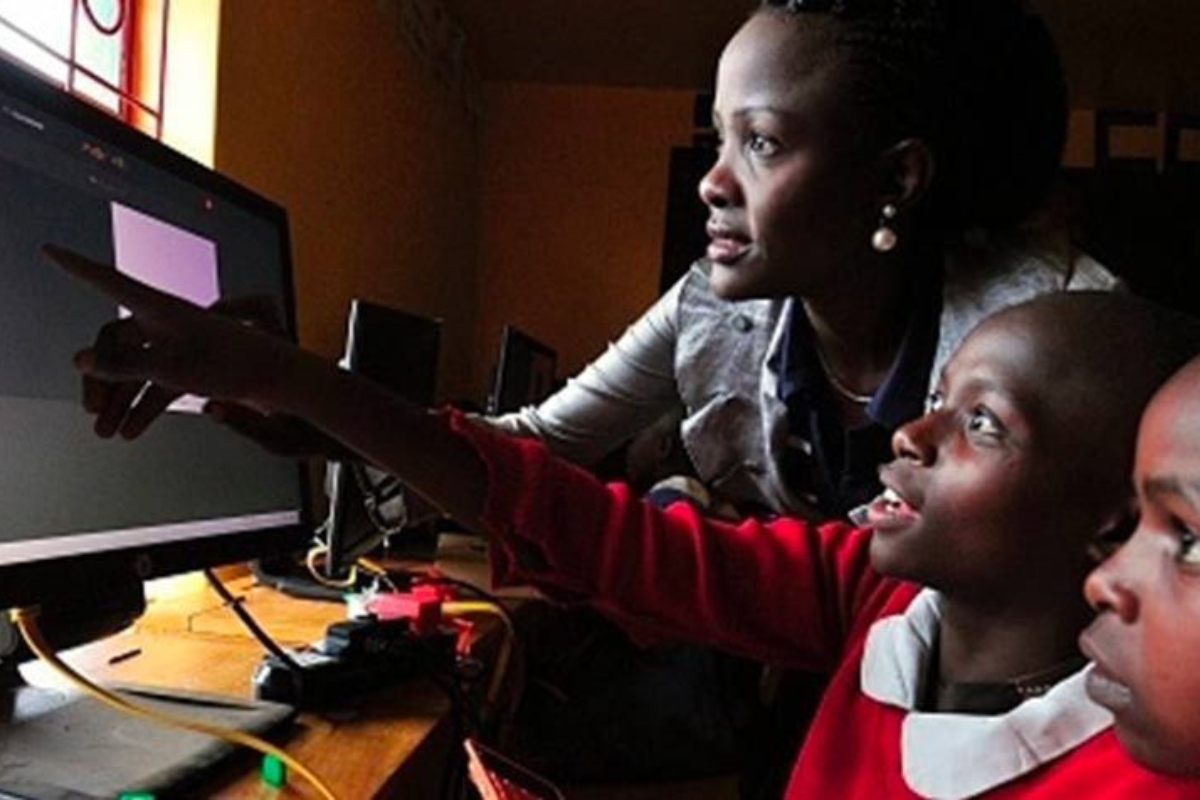
5. Hybrid Classrooms and Community Learning Hubs
Perhaps the most transformative innovation is the hybrid classroom model, which combines face-to-face teaching with digital resources. Community learning hubs equipped with reliable internet, projectors, and collaborative software are emerging in urban and rural centres alike. These hubs enable students without home internet to access the same quality of resources as their peers in wealthier areas. For parents, this levels the playing field, making quality education less dependent on geography or income. For students, it encourages teamwork, digital citizenship, and self-directed learning.
Why This Matters for Parents and Students
EdTech in Africa is not just a buzzword; it is a practical solution to long-standing challenges. Large class sizes, teacher shortages, and uneven quality of materials have traditionally held back learning outcomes. By integrating technology, African classrooms are becoming more personalised, more interactive, and more inclusive. Parents can monitor progress through dashboards, receive instant feedback from teachers, and access supplementary materials for their children. Students gain confidence, digital skills, and a sense of belonging to a wider learning community.
Looking Ahead
With African tech startups attracting over $1 billion in investment in just six months, the pace of change is set to accelerate. Industry observers predict the continent’s e-learning market could grow from about $3.4 billion in 2024 to well over $19 billion by 2034. As infrastructure improves and costs fall, digital learning will become part of everyday life, from early childhood education to adult reskilling. For families, staying informed and open to these innovations is the best way to ensure children are prepared for tomorrow’s opportunities.
Leadership Voices
President Paul Kagame (Rwanda) said:
“There are so many problems that technology can provide solutions for. And that’s why we’ve prioritized investments in technology and infrastructure.”
Jay Alabraba, Co-Founder of Paga
“Young African’s need to be in line with what’s happening in other parts of the world, and learning these digital skills everything from coding to STEM education to engineering is really really relevant.”



